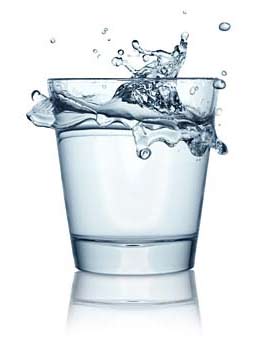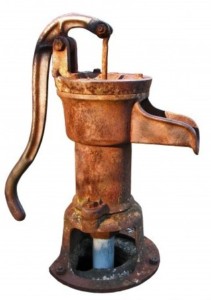
Protecting our water resources for the future…
We need to understand what we can do to safeguard our drinking water supplies for our families

This is an important method of protecting the aquifer for the future. Check out this article to learn why it is so important to decommission water wells and how to do it properly.
Linking the Watershed Community Through Groundwater Protection
Ground Water Protection
As a watershed resident what can I expect?
Lower Souris Watershed Comimittee strives to increase the knowledge of watershed residents about the direct link that exists between source water protection and ground water quality. Through a multifaceted approach of water quality testing, wellhead protection and aquifer protection watershed residents will benefit by improved ground water quality. Through this multifaceted approach our hope is to provide watershed residents with the information and tools that will aid them to develop and maintain a safe groundwater supply for their families and operations.
Measuring water quality, is it my responsibility?
If you are connected to a municipal water supply Saskatchewan Environment has set water quality objectives and monitors water testing programs based on Health Canada guidelines. If you operate a private water well there is no legal testing requirements. This does not mean that you shouldn’t perform a routine water test to ensure your water meets the provincial water quality guidelines and objectives. It is recommended that all private drinking water wells be tested on an annual basis for both levels of nitrates and bacteria. Please contact one of the numerous accredited water analysis laboratories within Saskatchewan for more detailed information.
What steps can I take to protect my water well and aquifer?
There are numerous ways that a water well and associated aquifer may become contaminated. These range from improper well location and construction, routine maintenance, improperly decommissioned old wells, waste water disposal systems, onsite fuel storage, pesticide and fertilizer storage, manure from livestock yards and improper disposal of farm wastes. Every individual well will have unique characteristics that may impact the integrity of the groundwater quality. This is why we recommend performing an individual wellhead integrity assessment for each and every water well located on a property.
How do I properly decommission my old water well?
Well decommissioning procedures vary, depending primarily on well construction, hydrogeology and the geology of the site. A single set of well decommissioning procedures is NOT suitable for all wells. The following decommissioning steps act only as a general guideline. Site specific conditions will dictate the exact procedures that should be followed to properly decommission the well.
- Removal of well equipment
- Well Characterization
- Disinfection
- Remove Casing
- Filling and Sealing
During the duration of this project we will be out in the field hosting local workshops that will demonstrate the proper procedures to decommission old and unused water well throughout the watershed. If you are seeking additional assistance in performing a well decommissioning project please contact our office at (306)452-3292
